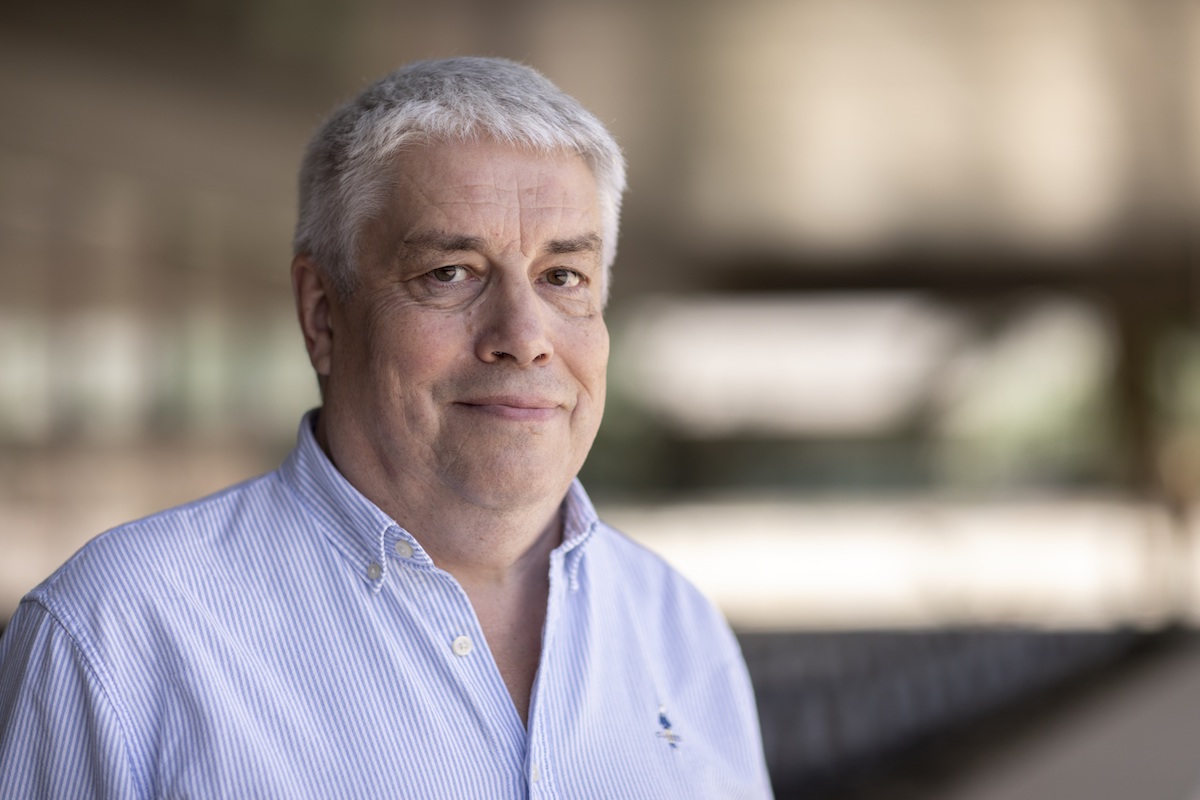Ph.D. student Michał Mańkowski helps advance transplantation field
2020-01-27-student-portrait-andrea_dsc2455-michal-mankowski.jpg?sfvrsn=5efec712_1)
KAUST Ph.D. student Michał Mańkowski (pictured) and collaborators' work in transplantation was recently chosen by the American Journal of Transplantation for their 'Top 10 Articles of 2019.' Photo by Andrea Bachofen-Echt.
-By David Murphy, KAUST News
Research work carried out by Michał Mańkowski, a Ph.D. student in the University's Computer, Electrical and Mathematical Science and Engineering division, was recently selected for inclusion by the editors of the American Journal of Transplantation (AJT) in their "Top 10 Articles of 2019."
Mańkowski and his collaborators were recognized for their outstanding research dedicated to moving forward the field of transplantation.
The AJT award was based on the paper of Mańkowski et al. titled "Accelerating kidney allocation: Simultaneously expiring offers." The paper focuses on performing a simulation study to demonstrate that an accelerated allocation strategy might increase the utilization of kidneys at risk for non-use. The researchers found that using non-ideal kidneys for transplant quickly may reduce the discard rate of kidney transplants.

Student Michał Mańkowski examines organ transplantation in his research work, including the allocation of kidneys for transplantation procedures. Image courtesy of Shutterstock.
"It's very exciting to receive such an award!" he continued. "It justified the importance of our work. During academic work, we often face rejections from journals or conferences, so each distinction brings new motivation to work."
Research to benefit the Kingdom—and beyond
Mańkowski began his Ph.D. in computer science at KAUST in 2016, and his current research focuses on operations research (OR). The first branch of his research focuses on developing new methods for combinatorial optimization using extensions of dynamic programming.

KAUST Professor Mikhail Moshkov (pictured) and Sommer Gentry, professor of mathematics at the United States Naval Academy and a research associate at Johns Hopkins University School of Medicine, act as co-supervisors for KAUST Ph.D. student Michał Mańkowski's research work. File photo.
Mańkowski noted his biggest goal for the future is to translate his U.S.-focused research that concentrates on organ transplantation to the Saudi Arabian healthcare system.
"We've started discussions with leading clinicians at the Kingdom who have expressed an interest in collaboration with me and my research partners to bring novel solutions to Saudi organ transplantation operations," he stated.
Related stories:
- KAUST Ph.D. student Jinhui Xiong wins best paper award
- Ph.D. student Jian You Wang wins outstanding poster award at International Symposium on Rice Functional Genomics
- KAUST postdoctoral fellow Muhammad Jamil wins best poster award
- KAUST postdoctoral fellows win Young Scientist awards at Euroanalysis XX Conference

